The dynamics of the stock market can often resemble a roller coaster, with daily fluctuations driven by various influential factors. On a recent Wednesday, all three major U.S. stock indices manifested a downward trend, a decline attributed to a blend of market anticipation and corporate news that spooked many investors. Specifically, the Dow Jones Industrial Average witnessed a drop of 159.08 points, rounding off at 41,091.42—a decrease of 0.39%. The tech-heavy NASDAQ also reflected a bearish sentiment, slipping by 1.12%, settling at 17,556.03. The S&P 500 didn't fare much better, posting a loss of 0.60% to close at 5,592.18. In conjunction with these trends, the volatility index—commonly known as the VIX—soared by over 10%, indicating increased anxiety in the market.
One of the central players reported during this volatile period was NVIDIA, a heavyweight in the technology sector, particularly renowned for its graphics chips and artificial intelligence (AI) advancements. Following the release of their quarterly earnings, NVIDIA's performance stood out amidst the tumult. Their second-quarter revenues surged to an impressive $30.04 billion, reflecting a staggering 112% growth year-over-year, which significantly outperformed analysts’ predictions of $28.7 billion. Among various contributing segments, the data center division—home to their AI processing chips—saw revenues skyrocket by 154% to $26.3 billion, versus an expected $25.24 billion. In contrast, the gaming segment—an area that had been closely watched due to its heavy reliance on consumer spending—also posted a respectable 16% increase, totaling $2.9 billion.
Yet, while the earnings report presented a rosy picture, NVIDIA's forward guidance held mixed signals. The company forecasted revenues for the upcoming period to hover around $32.5 billion, which again trumps the market's expectations of $31.7 billion, demonstrating their ongoing confidence. However, they projected a marginal decline in gross margins, only slightly below industry expectations at 75%. This financial clarity sought to motivate investors, but it came intertwined with cautionary notes, particularly regarding growing anticipation for their next-gen AI chips, dubbed Blackwell. In a spirited statement, CFO Colette Kress remarked on the expected ‘multi-billion dollar’ revenue from Blackwell chips in the fourth quarter, an encouraging outlook amidst the broader economic uncertainty.
Despite this optimism regarding new products, NVIDIA indicated challenges ahead as their current flagship chip, Hopper, is anticipated to see increased shipments in the next couple of quarters. The firm's leader, CEO Jensen Huang, conveyed a strong sentiment regarding the demand trajectory, asserting, “The demand remains robust, with unbelievable expectations for Blackwell.” These perspectives aimed to pacify anxious investors; however, the immediate reaction post-earnings was a notable decline in share price, falling approximately 6% in after-hours trading—an ironic turn that showcased the volatility surrounding high-growth companies.
Amid these developments, the broader market reflected mixed sentiments influenced by external economic indicators. The Mortgage Bankers Association (MBA) reported a 0.5% boost in mortgage applications, a minor positive note, attributed to falling loan rates and revitalized homebuyer activity. In the economic sphere, Federal Reserve Chair Jerome Powell's recent comments suggested a potential pivot in monetary policy, leading to a swell of positive enthusiasm in financial markets. Investors anticipated the upcoming GDP announcement for the second quarter, pegged at 2.8%, which stands aligned with prior estimations, serving as a litmus test for the health of the U.S. economy.
Yield on mid to long-term U.S. Treasury bonds saw a minor uptick, with the benchmark 10-year yield climbing by one basis point to 3.84%, while the 2-year yielded at 3.87%. A report from Oxford Economics provided some perspective, suggesting that the recent worries over U.S. growth forecasts were somewhat overstated, arguing that while a deceleration was probable, it shouldn't lead to drastic global economic slowdowns.
Anticipation for interest rate cuts is palpable among market players, with the CME Group's FedWatch tool indicating a 63.5% probability of a 25 basis point cut and a 36.5% chance for a 50 basis point adjustment. The upcoming PCE report, set to release on Friday, is eagerly awaited as it’s expected to clarify the trajectory of prospective Fed rate cuts, alongside the unemployment claims data due the day prior.
Investor sentiment remained rather on edge, primarily focusing on stock performances that have been indicative of broader market health. Keith Buchanan, a senior portfolio manager at GLOBALT Investments, articulated a cautionary stance regarding NVIDIA's earnings performance, labeling it as a hallmark of the AI hype cycle. He warned, “This is emblematic of the AI frenzy, and if NVIDIA disappoints, it could be challenging for the market to move forward.” Questions linger regarding the sustainability of NVIDIA’s growth amid a rapidly changing technological landscape.
On an individual stock front, notable tech giants struggled significantly, with Amazon and Google both experiencing declines exceeding 1%. Other major players such as Microsoft and Apple followed suit, with decreases of 0.8% and 0.7%, respectively. The semiconductor sector was collectively downcast, with stalwarts like Intel and AMD each retreating by over 2%.
In a more dramatic turn, Advanced Micro Devices (AMD) faced an astonishing drop of 19%. This decline came after the AI server manufacturer disclosed that it would delay the submission of its annual report for the fiscal year ending June 30. Furthermore, a report from Hindenburg Research unveiled short positions against the company, a factor that compounded market sensitivity towards AMD.
In the realm of investment holding, Berkshire Hathaway made headlines by climbing 0.8%, briefly eclipsing a market value of $1 trillion, showcasing the diversified business model that continues to generate investor confidence. On the commodity side, international oil prices exhibited weakness, down due to U.S. crude oil stockpiles falling short of market expectations. West Texas Intermediate (WTI) crude dipped 1.34%, settling at $74.52 per barrel, while Brent crude futures dropped by 1.13%, ending at $76.65 per barrel.
Simultaneously, gold prices faced a slight downturn as the market assessed the potential implications of future Fed policies. The New York Mercantile Exchange reported an August contract decline of 0.60%, with gold settling at $2,501.00 per ounce. This highlights the ongoing wrestling match between risk appetite and the allure of safe-haven assets amidst uncertain economic conditions.
In conclusion, the recent fluctuations in the U.S. stock market highlight a blend of optimism and caution amidst various external economic factors and corporate performance. With rapid advancements in sectors like artificial intelligence and mixed signals from the Federal Reserve, the market continues to be an intricate landscape where both challenges and opportunities coexist.
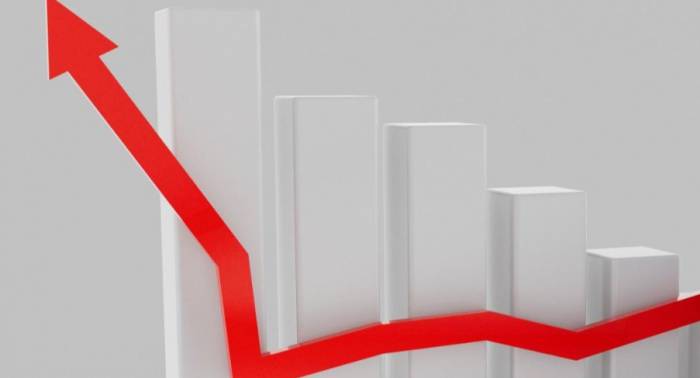





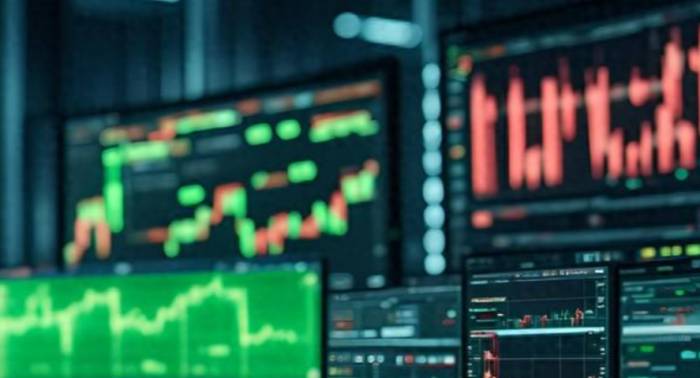
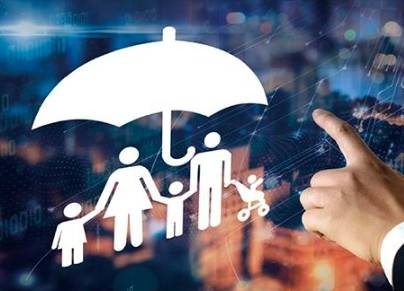
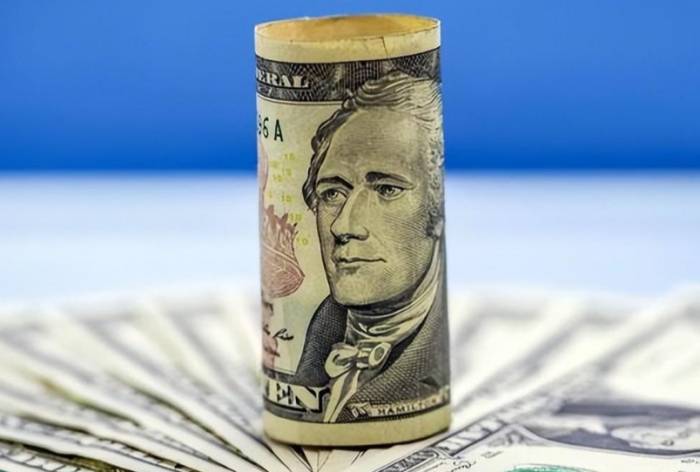
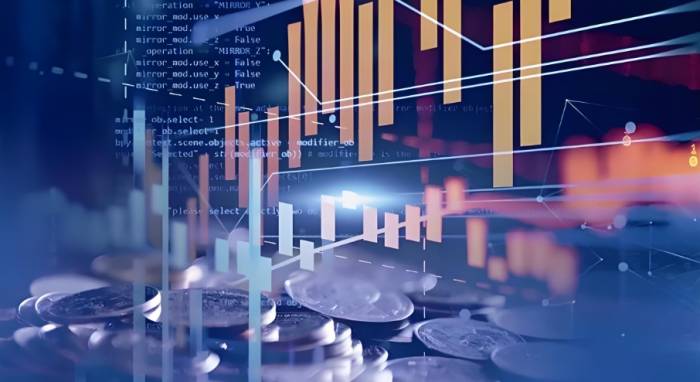

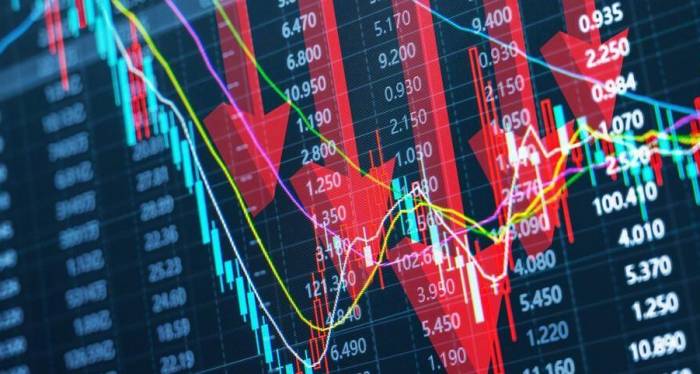




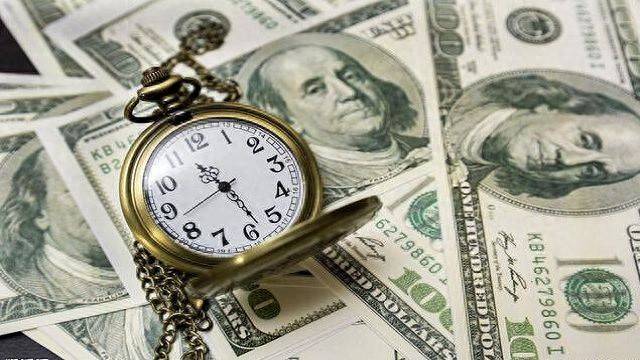







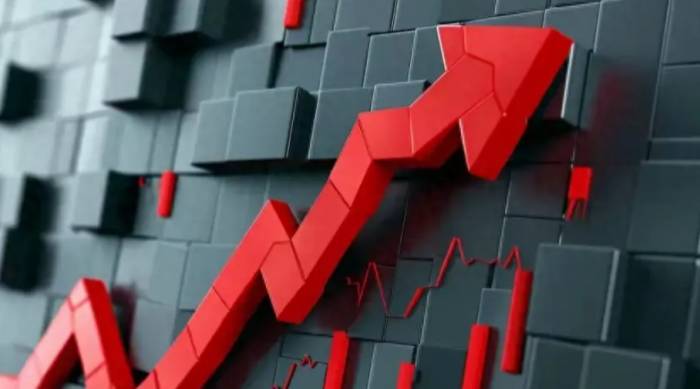
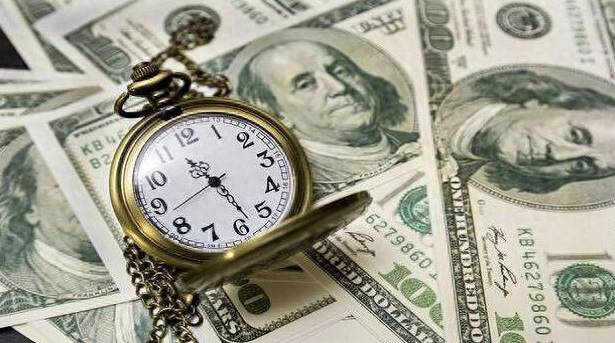



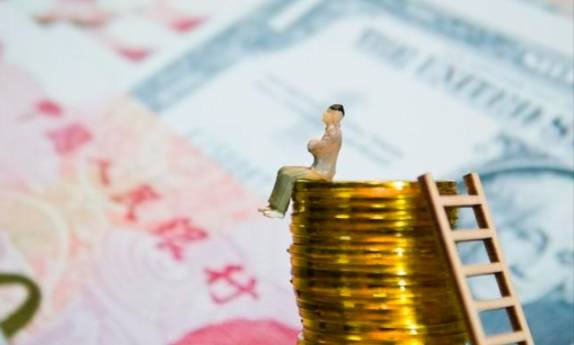
Join the Discussion